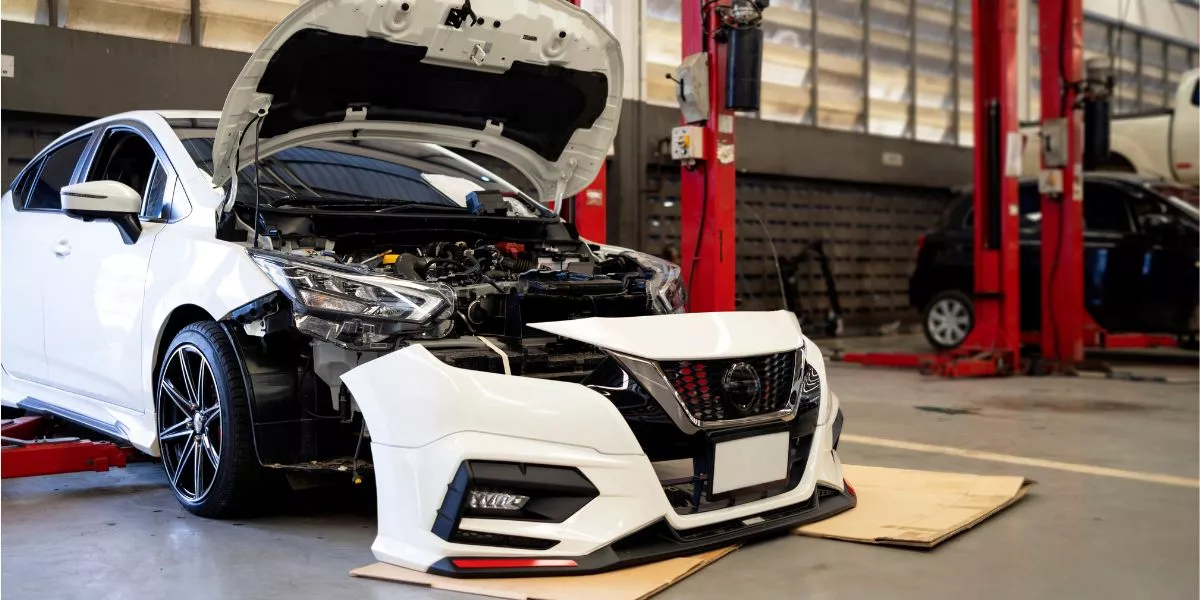
When purchasing used car parts, it's crucial to be meticulous. Ensuring compatibility and inspecting for wear and tear are just the beginning. But what about the intricacies of dealing with different sellers, comparing prices, and understanding warranties? These are all part of the puzzle that can make or break your experience with used car parts. So, let's delve into the nuances and uncover the top tips to help you navigate this complex terrain.
Compatibility Check
Ensure the compatibility of the used car parts before making a purchase to avoid potential issues down the road. Checking compatibility is crucial to guarantee that the parts will fit your vehicle correctly. Start by verifying the make, model, and year of your car to ensure that the parts you're considering are designed for your specific vehicle. Additionally, you should cross-reference the part numbers to confirm that they match the ones you need.
When buying used car parts, it's essential to consider not only the compatibility with your vehicle but also the condition of the parts. While compatibility is key, inspecting the quality of the parts is equally important. Look for signs of wear and tear, such as rust, dents, or cracks. Ensure that the parts are in good working condition to avoid any further issues after installation.
Quality Inspection
To ensure that the used car parts meet your standards, thoroughly inspect their quality for any signs of damage or wear before finalizing your purchase. Start by visually examining the part for any cracks, dents, or rust. Check for any missing components or signs of previous repairs.
It's crucial to test the functionality of the part if possible. For example, if you're buying a used engine part, ask the seller if you can test it to ensure it works properly. Additionally, inspect the connectors, bolts, or any attachments to see if they're in good condition.
Look for any leaks, fraying wires, or abnormal noises that could indicate underlying issues. If you notice any significant wear or damage, consider discussing it with the seller to negotiate a lower price or to inquire about a warranty. By conducting a thorough quality inspection, you can make a more informed decision and avoid purchasing faulty used car parts.
Trusted Sellers
Where can you find trusted sellers for buying used car parts?
When looking for reliable sources to purchase used car parts, it's essential to explore various options to ensure you're dealing with reputable sellers. One of the most reliable ways to find trusted sellers is by checking online marketplaces that specialize in selling auto parts. Websites like eBay Motors, Car-Part.com, and LKQ Online offer a wide selection of used car parts from verified sellers with customer reviews and ratings.
Additionally, you can consider visiting local salvage yards or auto recycling centers in your area. These establishments often have a vast inventory of used car parts, and you can inspect the parts in person before making a purchase. Building a good relationship with local sellers can also help you find reliable sources for used car parts, as they may offer warranties or return policies for added peace of mind.
Price Comparison
When comparing prices for used car parts, it's crucial to conduct thorough research to ensure you get the best deal possible. Start by checking prices from multiple sources such as online marketplaces, salvage yards, and local auto shops. Don't forget to consider factors like the part's condition, mileage, and availability, as these can all impact the price.
Online platforms like eBay, Craigslist, and specialized car part websites can offer a wide range of options to compare prices quickly. Salvage yards are another great place to find affordable used car parts, but keep in mind that you may need to remove the part yourself.
Local auto shops may have the convenience of providing already removed parts, but their prices could be higher due to added convenience. Be sure to weigh the cost differences against the ease of acquisition.
Warranty Consideration
Considering the warranty coverage is essential when purchasing used car parts to ensure you're protected in case of any issues. Look for suppliers that offer a warranty on the parts you're buying. A warranty provides you with a form of guarantee that the part will function as intended, and if any problems arise, you can seek a replacement or refund.
When evaluating warranty options, pay attention to the duration of coverage. Some warranties may only last for a limited time or have specific conditions that need to be met for the warranty to be valid. Ensure you understand what's covered under the warranty, whether it includes parts only, parts and labor, or if there are any exclusions to be aware of.
Reading and understanding the warranty terms and conditions is crucial. It can help you avoid any surprises if an issue arises later on. Don't hesitate to ask the supplier any questions you may have regarding the warranty coverage to clarify any doubts before making a purchase.




